24 August 2023 | Article is written by Jesslyn Chua (Nutritionist, Lovy Pharmacy), Reviewed by Tan Jun Er (Dietician, Lovy Pharmacy)

Source: Freepik
You’re not quite finished eating for two yet. Here’s the way to get the proper nutrients to provide your child with healthy liquid meals!
Adequate nutrition during infancy and early childhood is crucial to clinch the growth, health, and development of your child to the best of one’s ability. Breastfeeding has been well recognised as the gold standard for both mother and child, as it is the best source of nutrition for an infant.
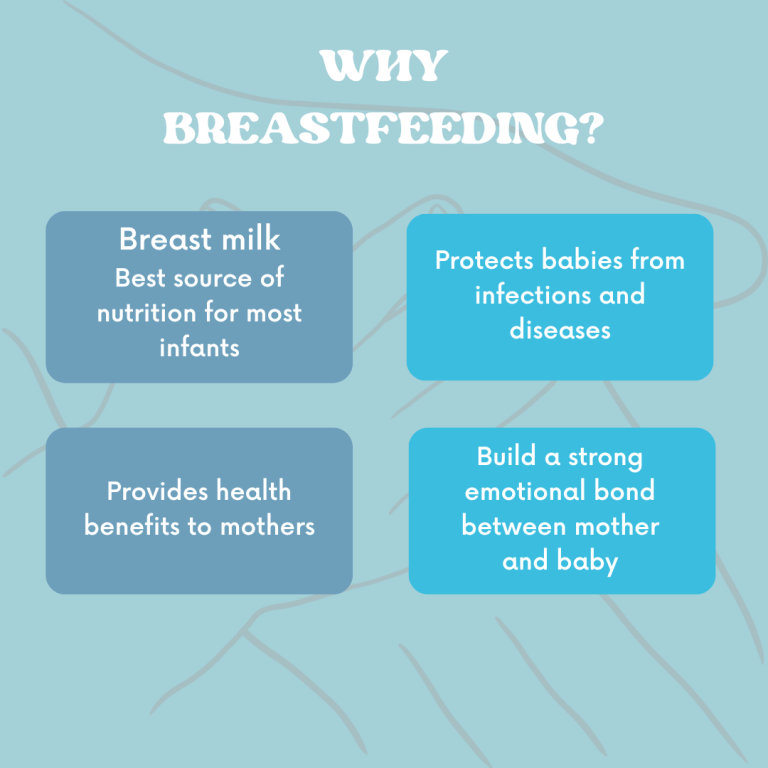
The Power of Breastfeeding
Breastfeeding might take some patience and persistence to master, and it can be challenging initially. Yet, the rewards for both mother and child are significant. In the first days after birth, the body produces colostrum, a nutrient-dense initial milk.
Colostrum is richer in protein and has fewer fats and carbs than mature breast milk. It’s especially high in secretory immunoglobulin A (IgA), vital for boosting a baby’s defense against infections. This makes it the optimal nutrition for newborns. Around 3–4 days post-delivery, the milk transitions from colostrum to mature milk.
While formula milk tries to mimic breast milk, it lacks colostrum. This means it doesn’t have the same beneficial immunoglobulins and antioxidants found in colostrum.
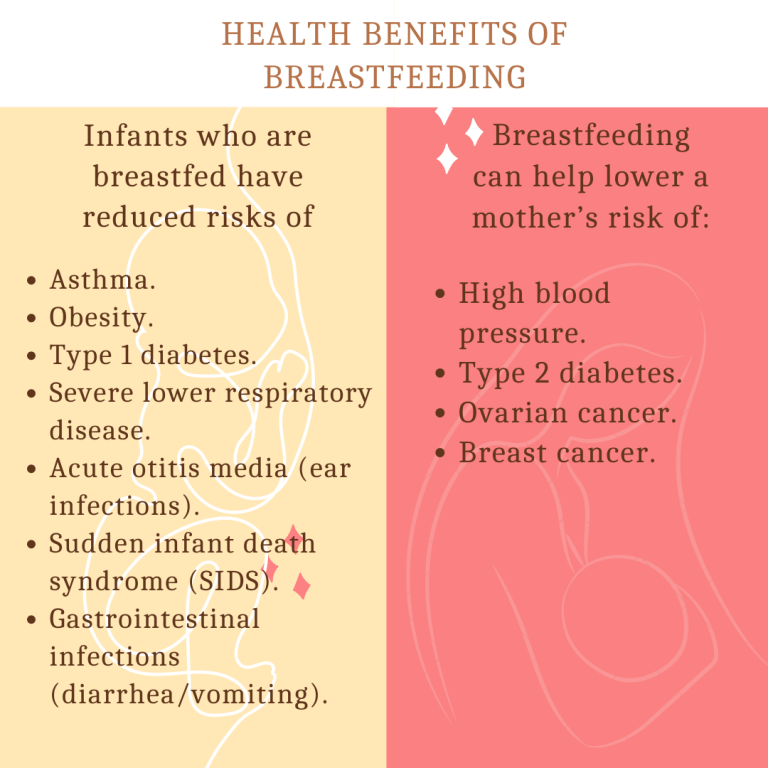
Fueling Your Body and Your Baby
When you breastfeed, your baby relies on you for all their nutrition. It’s essential to maintain a balanced diet to ensure both you and your baby get the nutrients you need. There are no set guidelines for a breastfeeding diet, but whether a mother is nursing or not, she needs an additional 300 to 500 calories per day. This is because breastfeeding requires your body to burn up to 500 calories every day.
The easiest method to achieve this is to eat a diet rich in nutrients and well-balanced foods to meet the extra nutritional needs of lactation. Your goal is to include a variety of foods from every food group daily, as each provides unique nutrients.
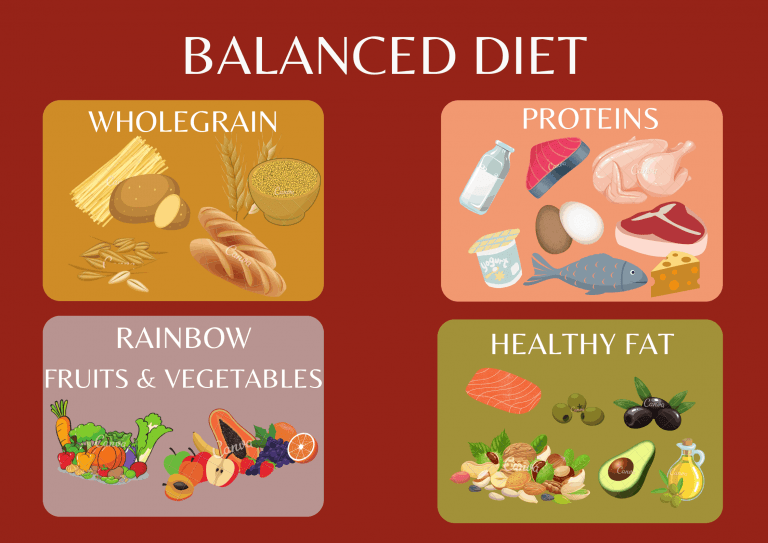
Crucial Nutrients for Nursing Mothers
Are there any nutrients that nursing mothers need to take in more to meet their newborns’ nutritional needs? The answer is YES indeed! A breastfeeding mother should include a few crucial elements in her diet.
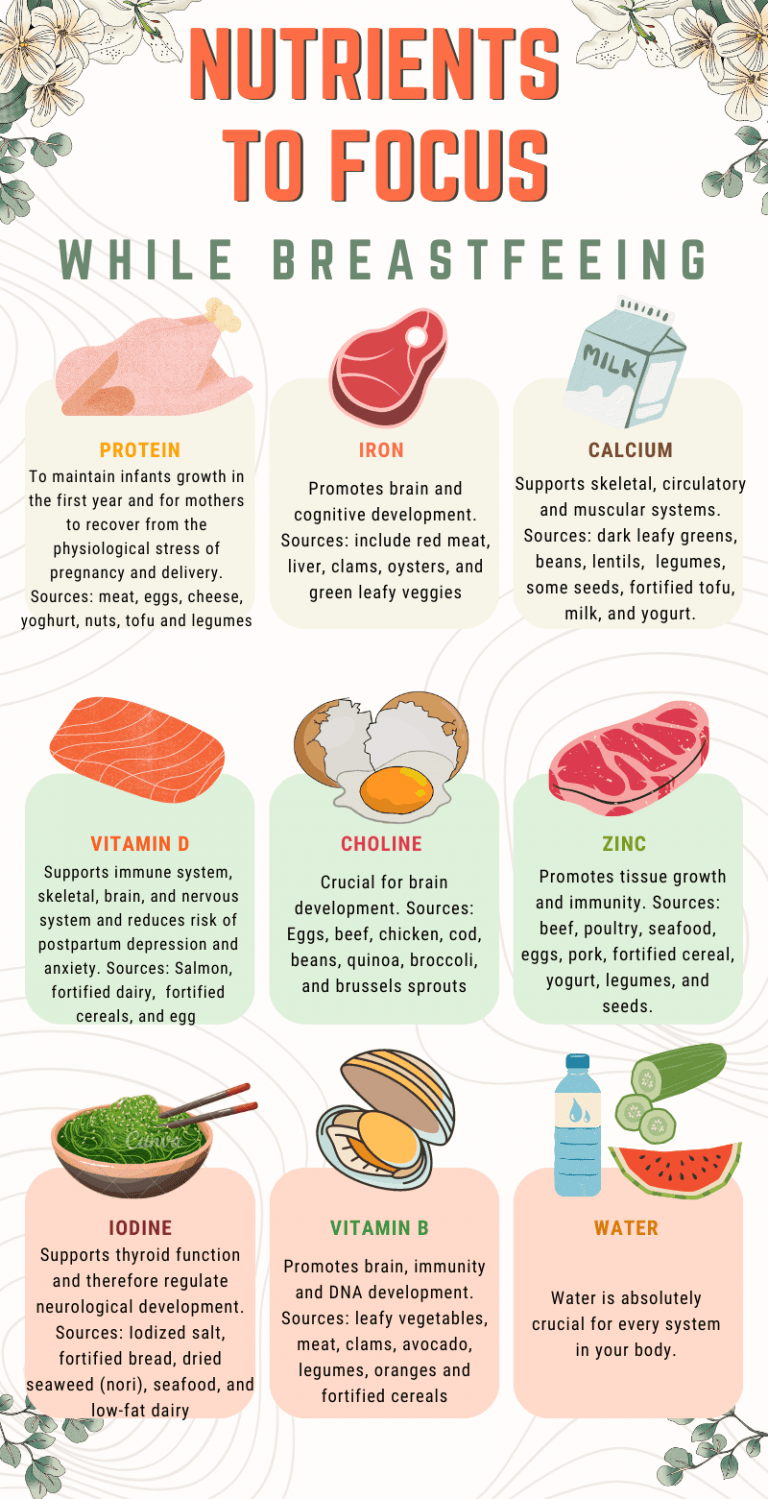
Proper nutrition is therefore necessary to create the foundation for long-term health during the first three years of your child’s life. Nutritional deficiency can harm physical growth, compromise cognitive function, weaken immunity, and increase the risk and susceptibility to serious illnesses like rickets, anemia, coronary heart disease, type 2 diabetes, and osteoporosis.
Symptoms of poor nutrition in neonates and early children include halted growth, changed mood and behavior, low energy, or weight loss. These conditions may lead to poorer cognitive and educational outcomes. It is therefore important for mothers to pay attention to the intake of nutrients in order to support baby’s growth and development. Breastfeeding moms who follow a vegan or vegetarian diet are at higher risk for iron, calcium, choline, zinc, vitamin B6, B9 and B12 deficiencies.
Breastfeeding increases the needs for certain vitamins and minerals and having a sufficient amount of nutrients can help ensure the health of both you and your children. Besides increasing the intake of all the required foods, taking supplements has also been found to be a beneficial way to get sufficient nutrients for both mother and baby.
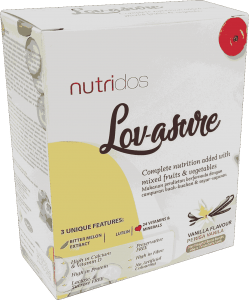
Nutridose Lov-asure has 36 types of fruits and vegetables concentrate.
Get 28 sachets of this preservative-free meal replacement nutrient source for only RM 135!
Choosing Wisely: Foods to Limit or Avoid
Good news! Most of the meals you had to keep away from all through pregnancy are now allowed to be consumed! However, it is best to limit or avoid some foods when breastfeeding.
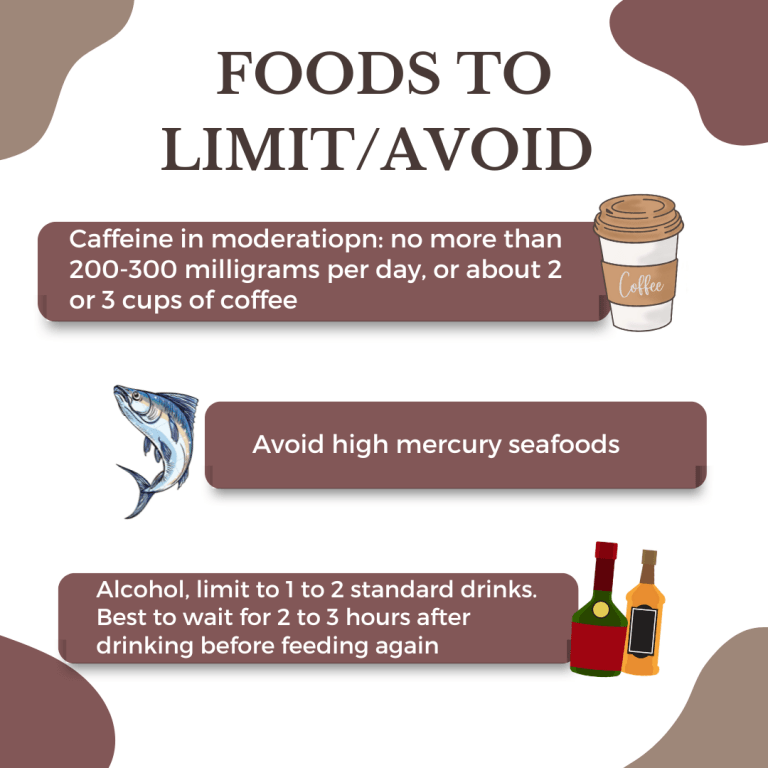
Caffeine
Stimulants can enter breast milk and alter an infant’s sleep cycles and general behavior. It is advisable to limit your daily caffeine consumption to between 200 and 300 mg. In order to give your body enough time to digest the caffeine before the next feeding, it’s also a good idea to drink your caffeinated beverages right after breastfeeding.
In addition to coffee (both regular and decaf), caffeine can also be found in non-herbal teas like black, green, oolong, matcha, chai, and, as well as in some energy drinks, chocolate, soda, and some herbal products and supplements.
High mercury fish
Can be detrimental to your baby’s growing neurological system. As they frequently have the greatest mercury levels, species including king mackerel, shark, tilefish, and swordfish should be avoided. Choose low-mercury fish instead, such as salmon, trout, cod, sardines, and others, which offer all the nutritional advantages without the possible hazards.
Alcohol
Alcohol enters your bloodstream and can be given to your baby through breast milk. Alcohol can have an impact on your baby’s sleeping habits, motor abilities, and general development. It is very crucial to abstain from alcohol consumption or hold off on nursing until the alcohol has entirely left your system.
Enhancing Your Breastfeeding Diet
One of the main parts of the diet that needs to be taken into consideration, is the calcium intake. Breastfeeding may take up a lot of calcium from the mothers. You may lose up to 400 mg of calcium on a daily basis. Generally, you need up to 1000 mg of calcium a day.

With Calciluv, which is made up of 99% calcium powder,
you can ensure adequate calcium consumption.
Only RM135 for 60 sachets!
Additionally, we are aiming for balance, moderation, and variety in foods during the nursing period. The key is to add up to 500 kcal of “snacks” on top of your usual main meals. Here’s an example of a day’s meal for breastfeeding moms.
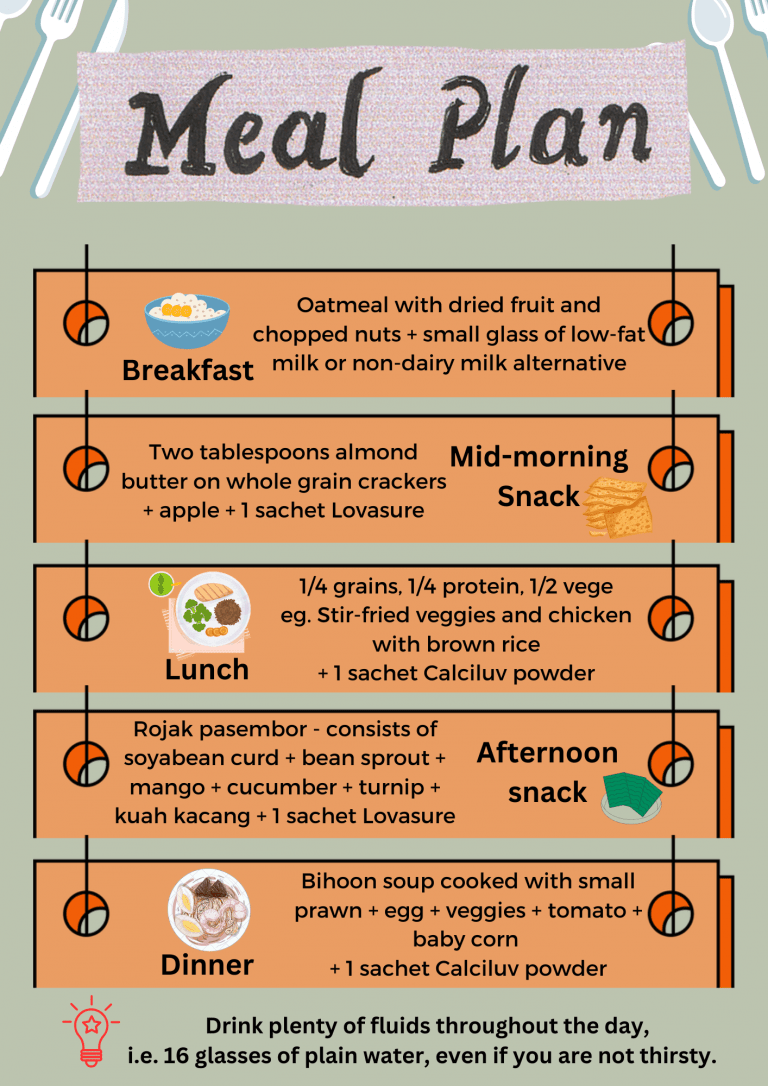
Breast milk itself offers all the essential nutrients needed for the growth and development of infants for the first 6 months. You can gradually introduce solid foods until your baby is consuming a complete, balanced diet.
For the first year, breast milk remains a significant nutritional source for your baby. You can continue to breastfeed with appropriate additions of complementary foods, for as long as you and your baby desire. Talk to a medical professional today to understand more about breastfeeding nutrition.
And don’t forget to get a health screening 4 to 6 weeks after giving birth to monitor your recovery post-labor and birth. Empower your recovery with health screenings so you can have a stronger and healthier postpartum journey!
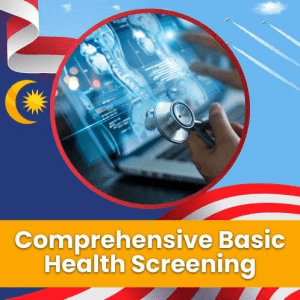
Get peace of mind by purchasing our Comprehensive Basic Health Screening package!
Enjoy FREE bone mineral density test and a specialist consultation with just RM 600!
